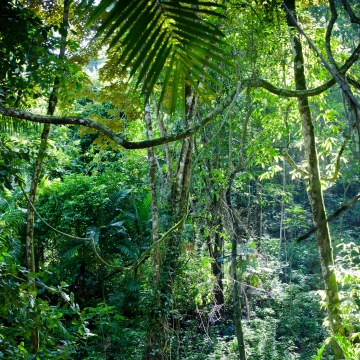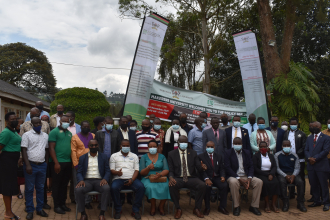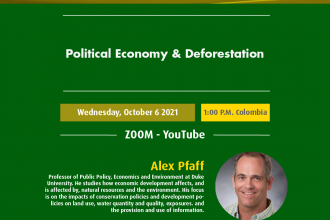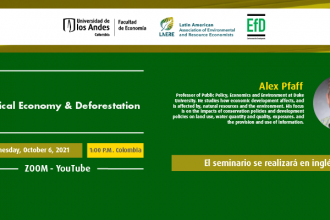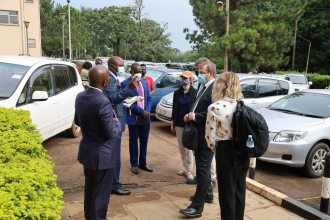
The Director of EfD Assoc. Prof. Gunnar Köhlin makes his maiden visit to Makerere University
A four-man delegation of Swedish environmental economists arrived at Makerere University on 22nd November 2021 to discuss collaborative initiatives on the environment and sustainable development. The…
